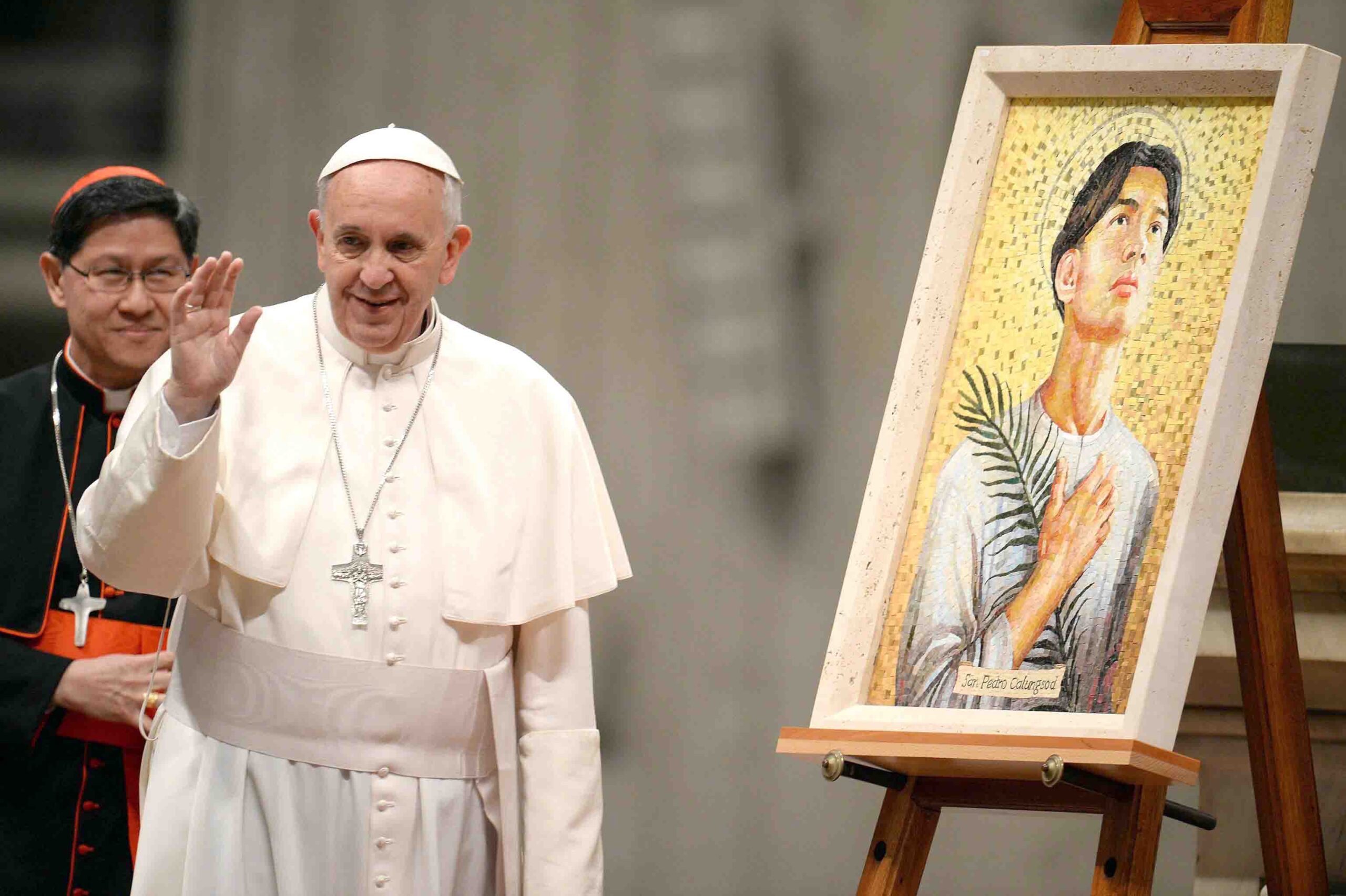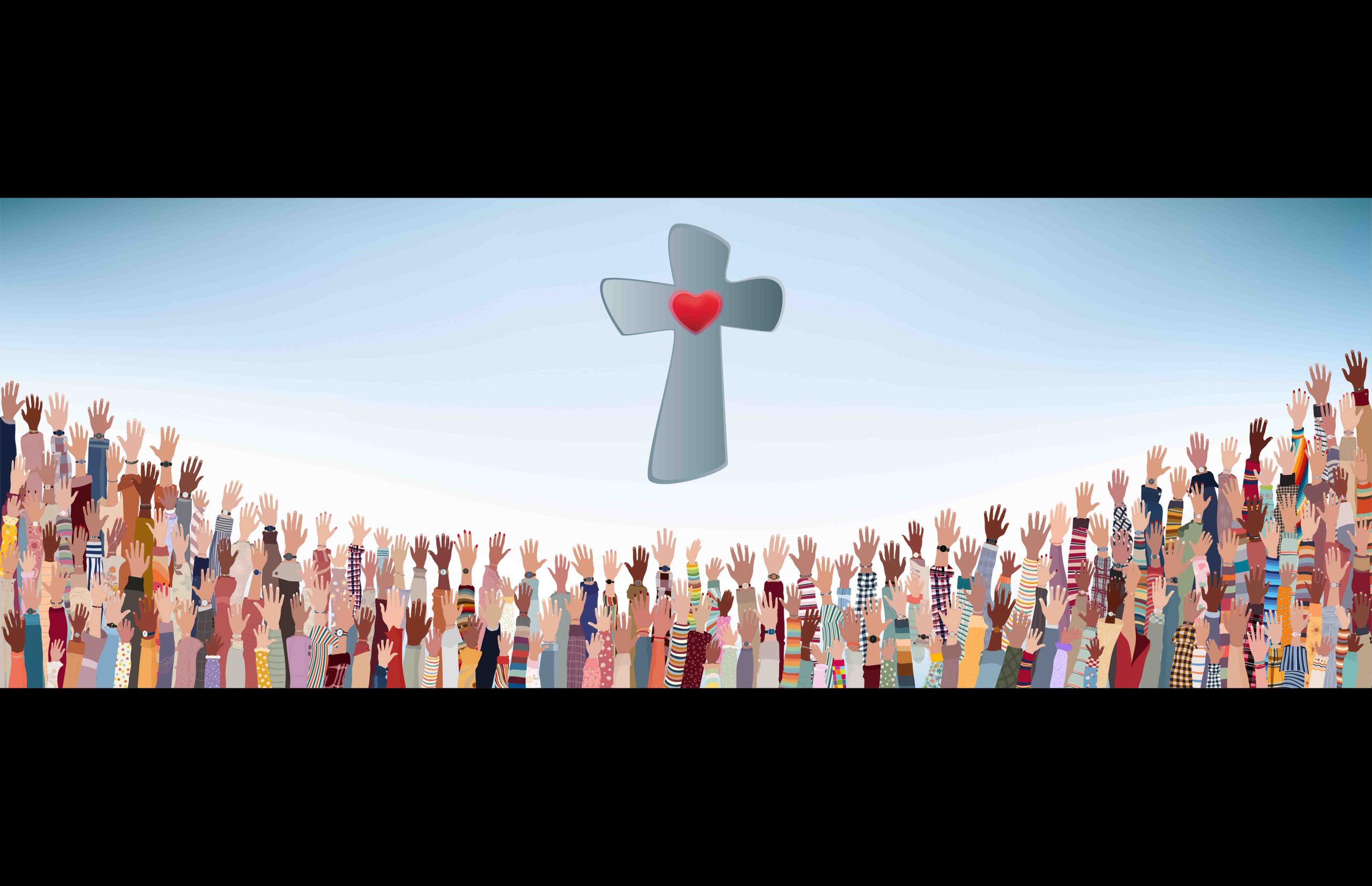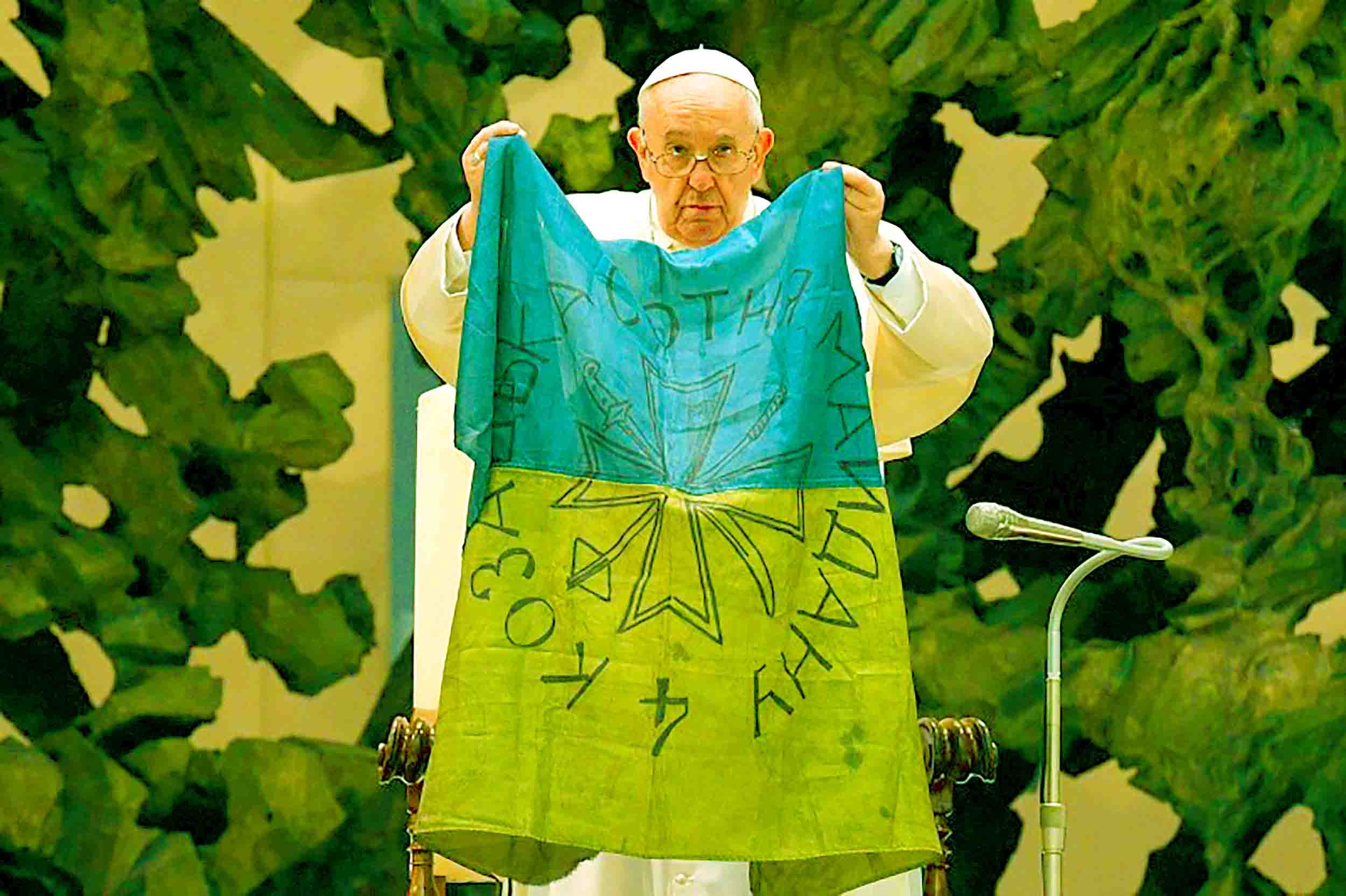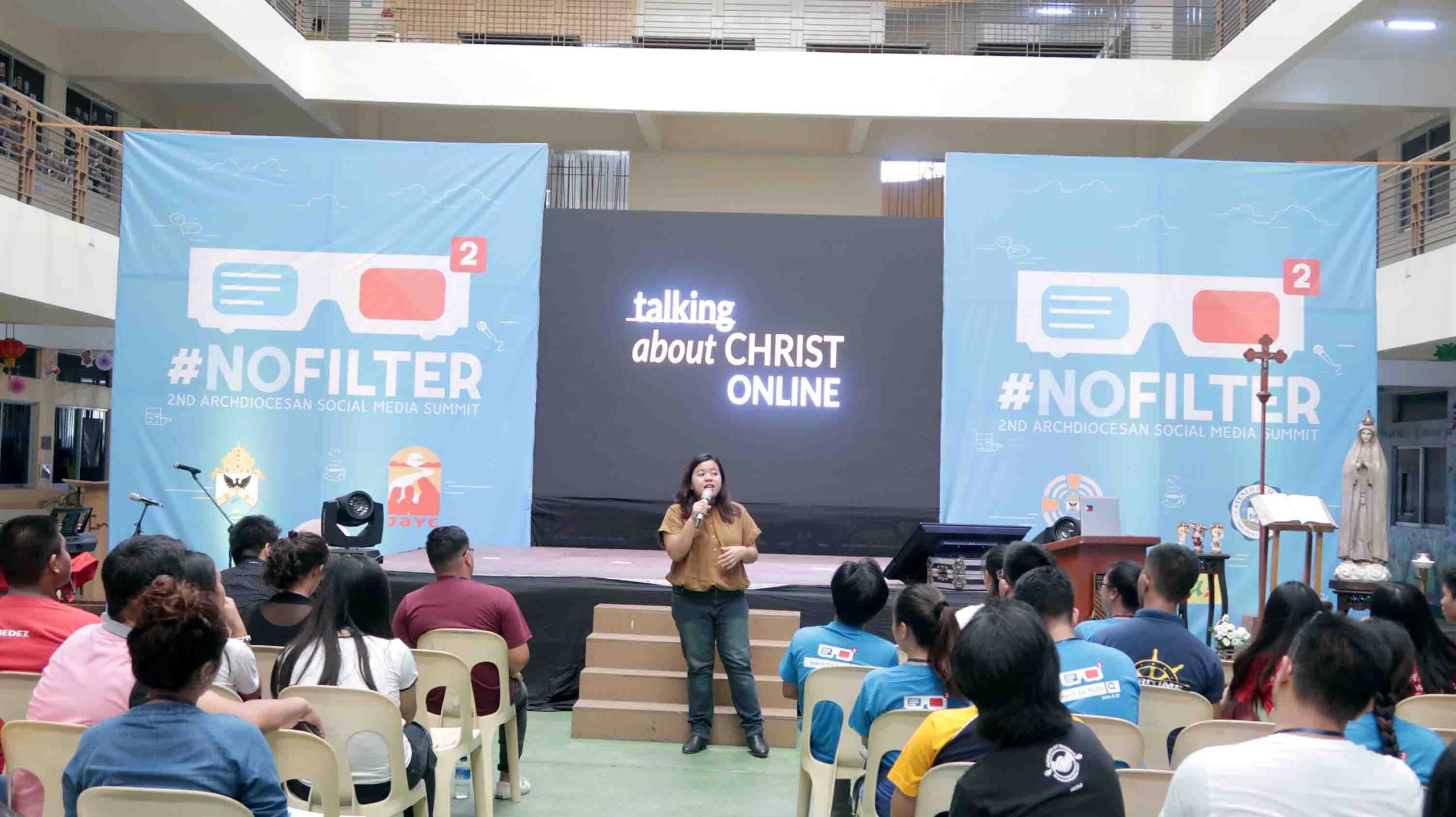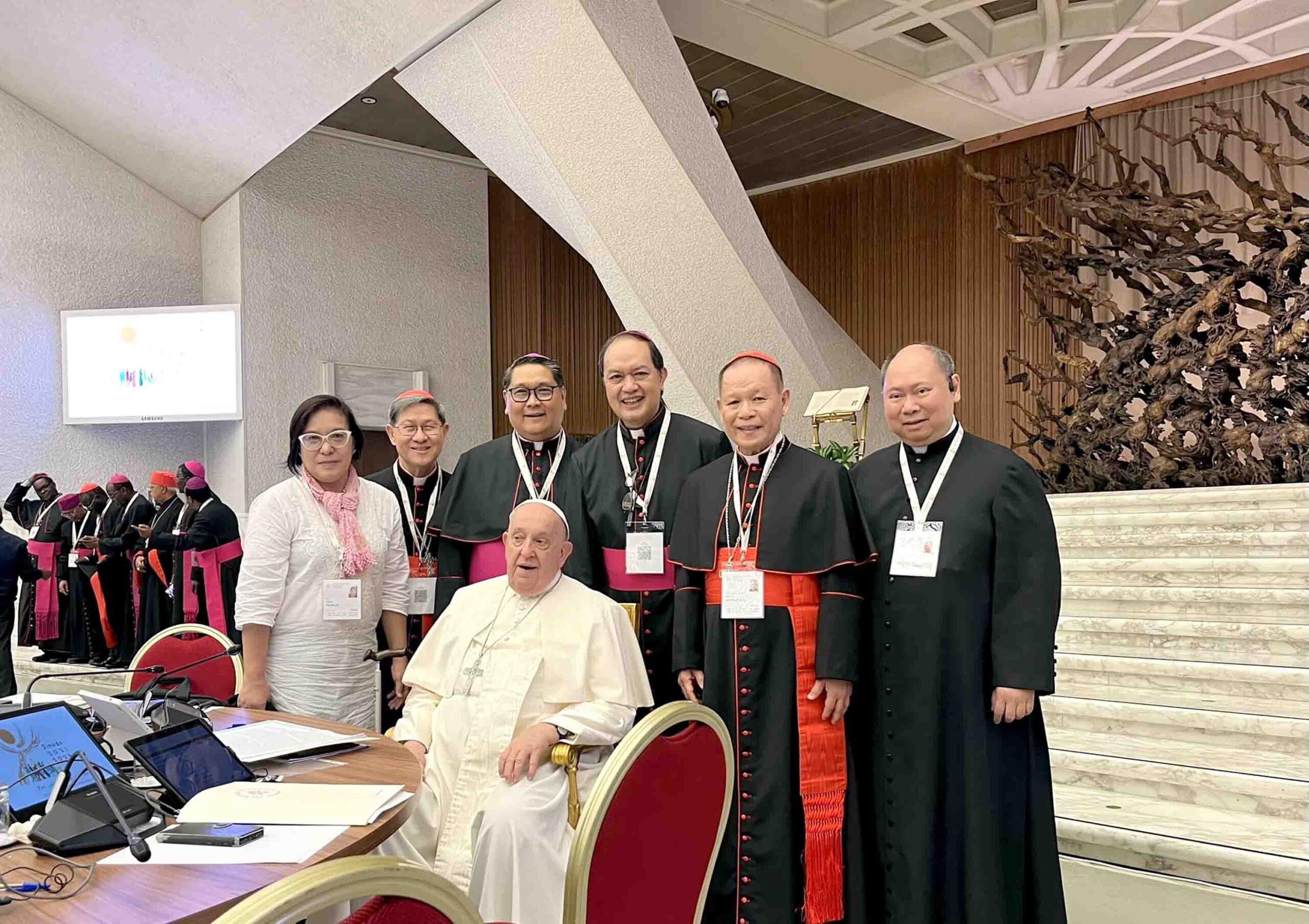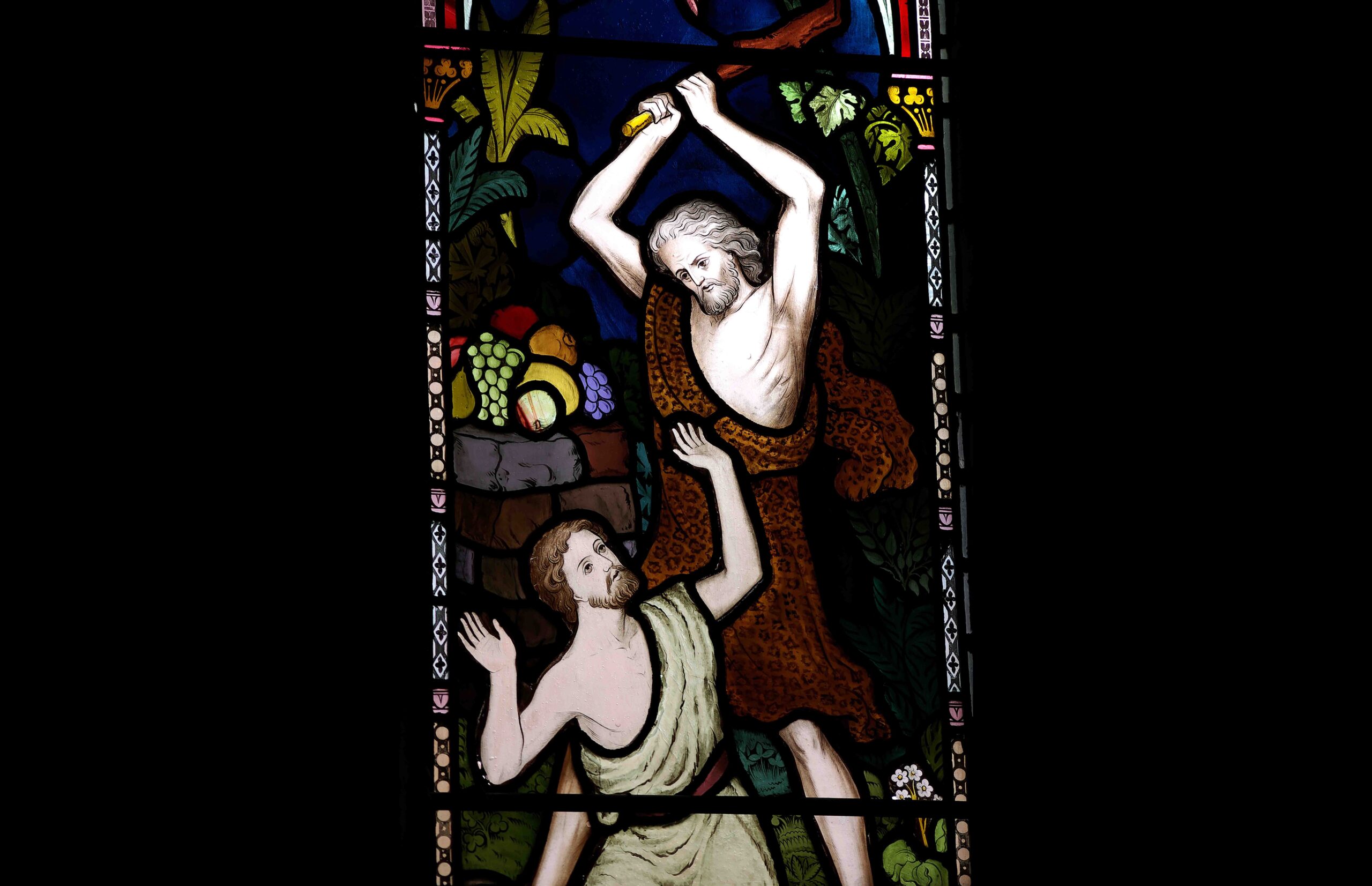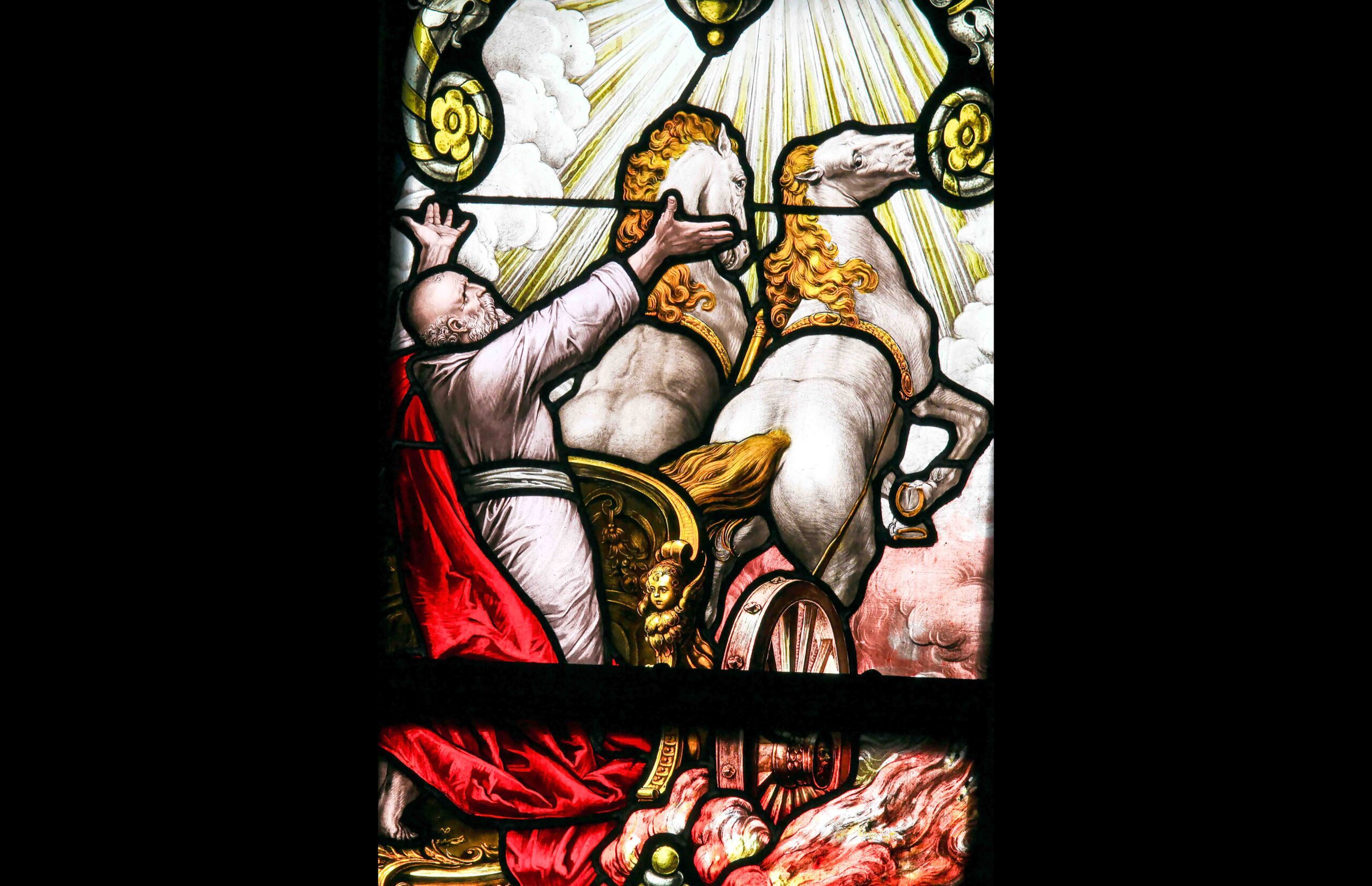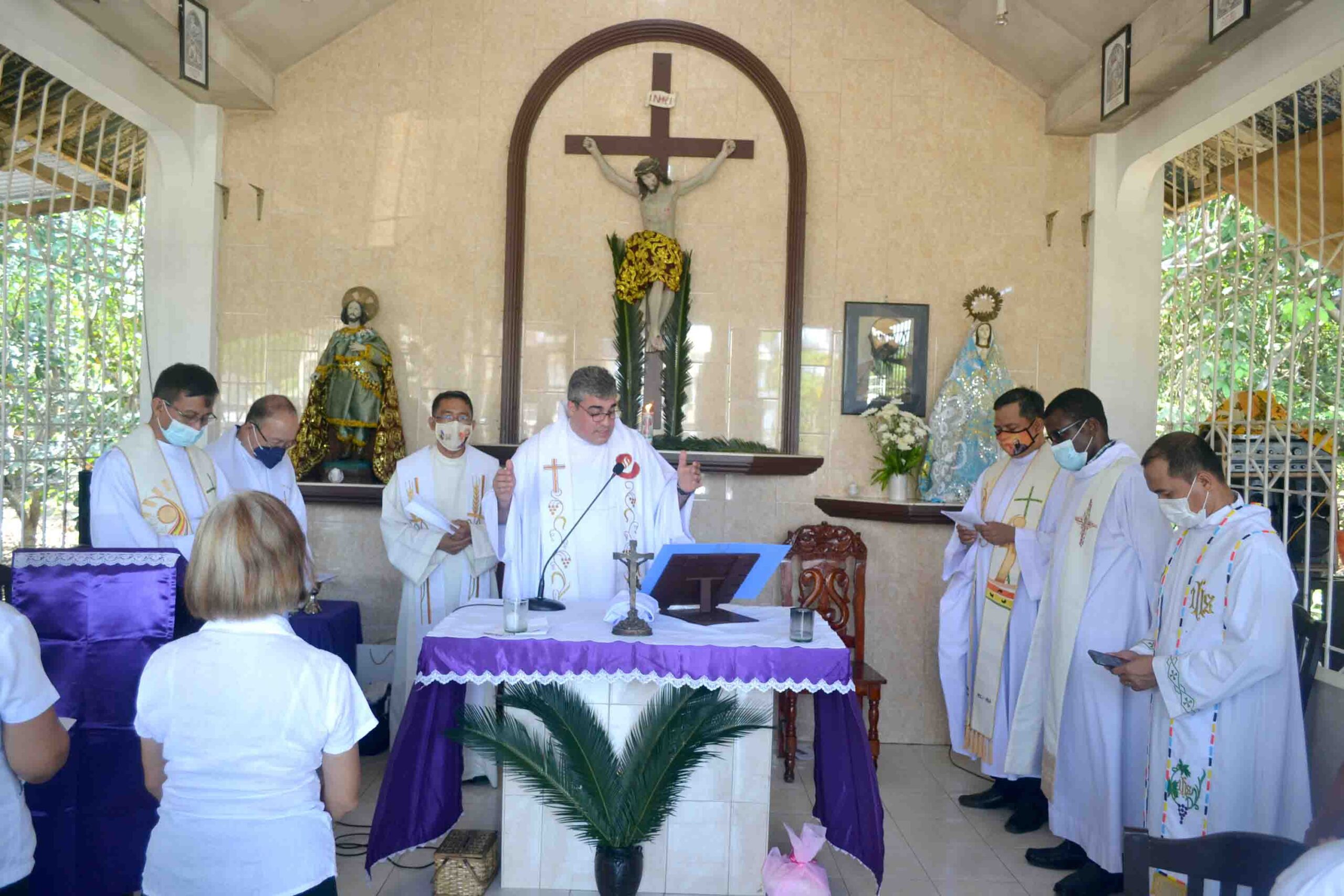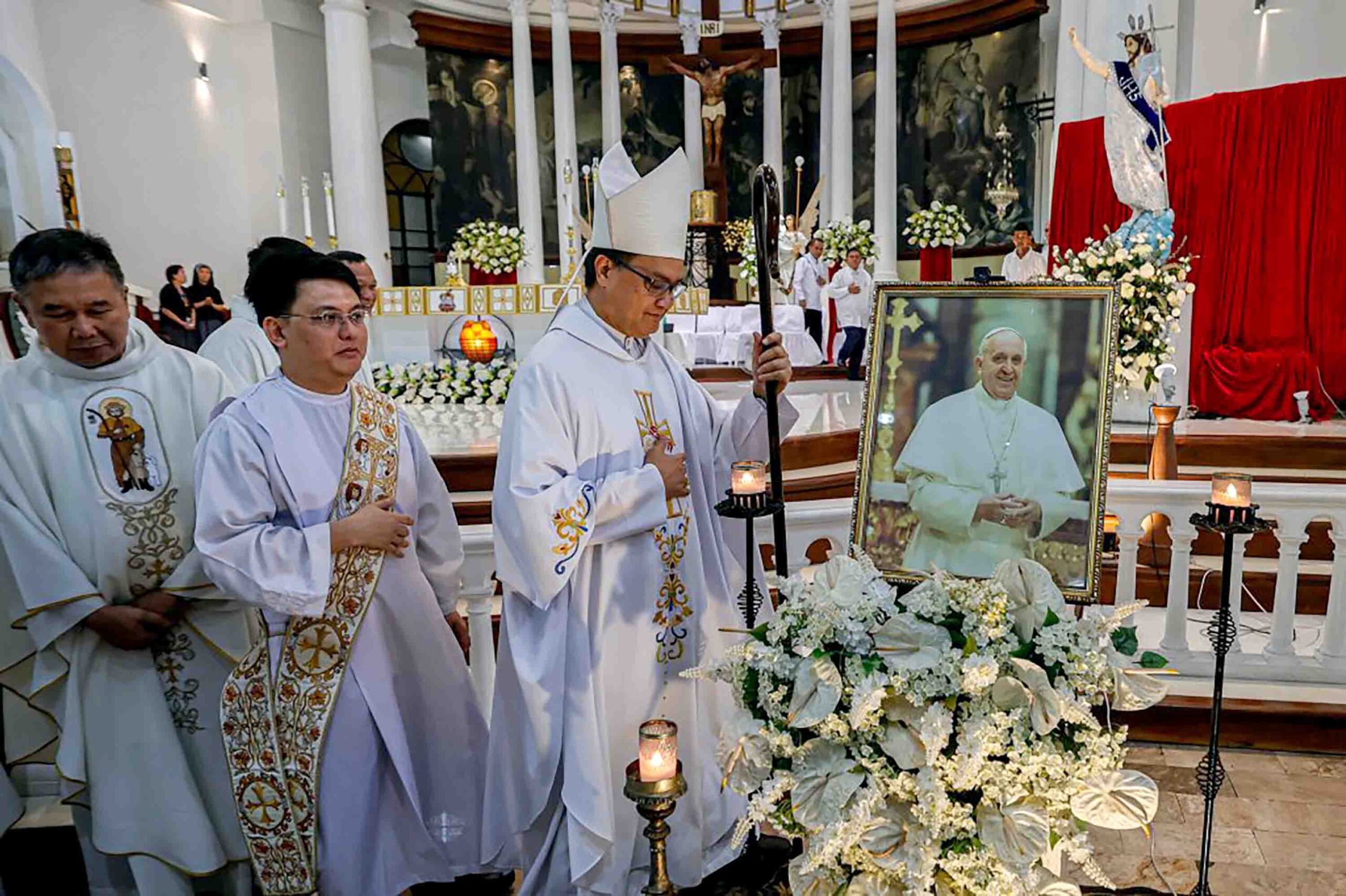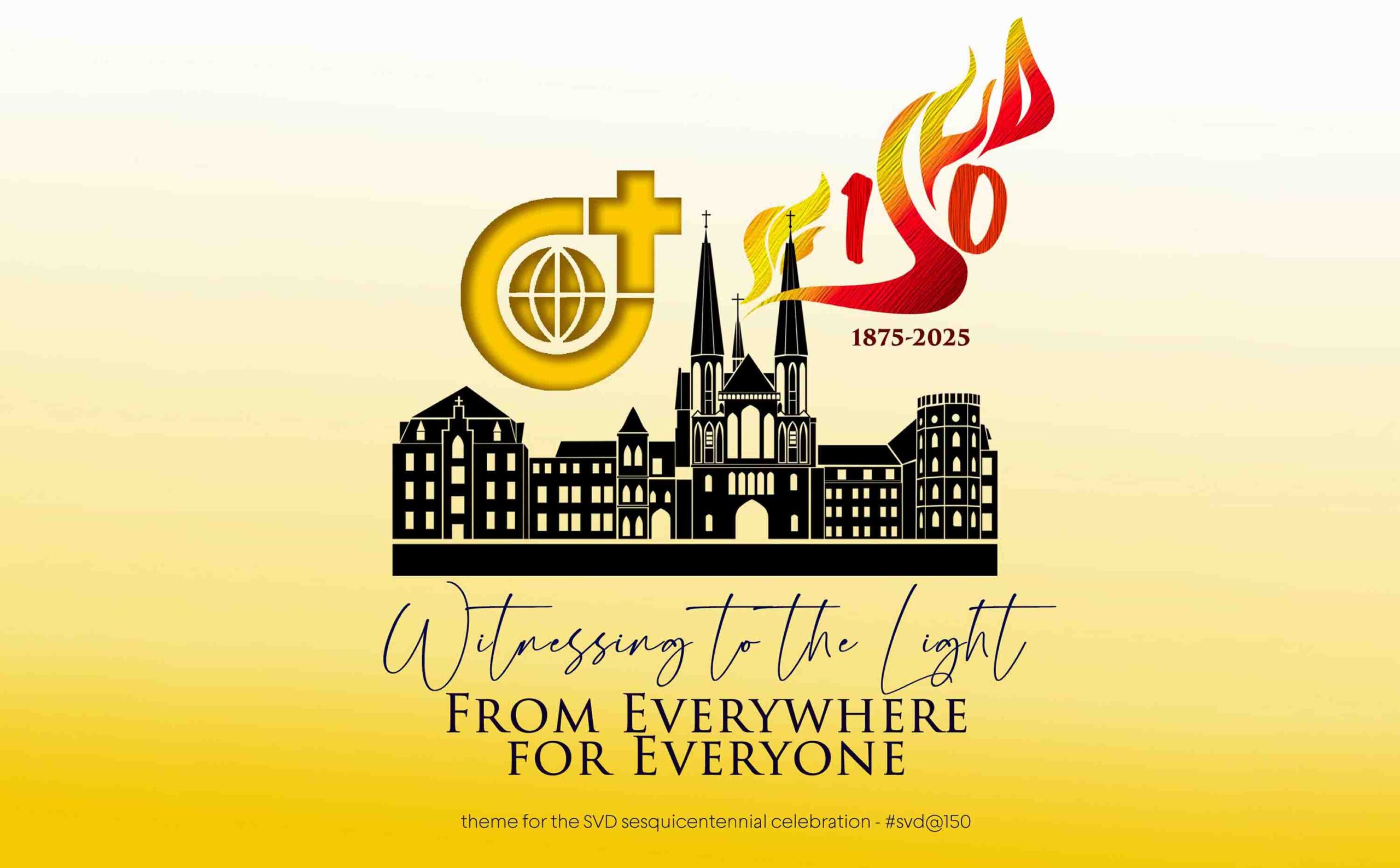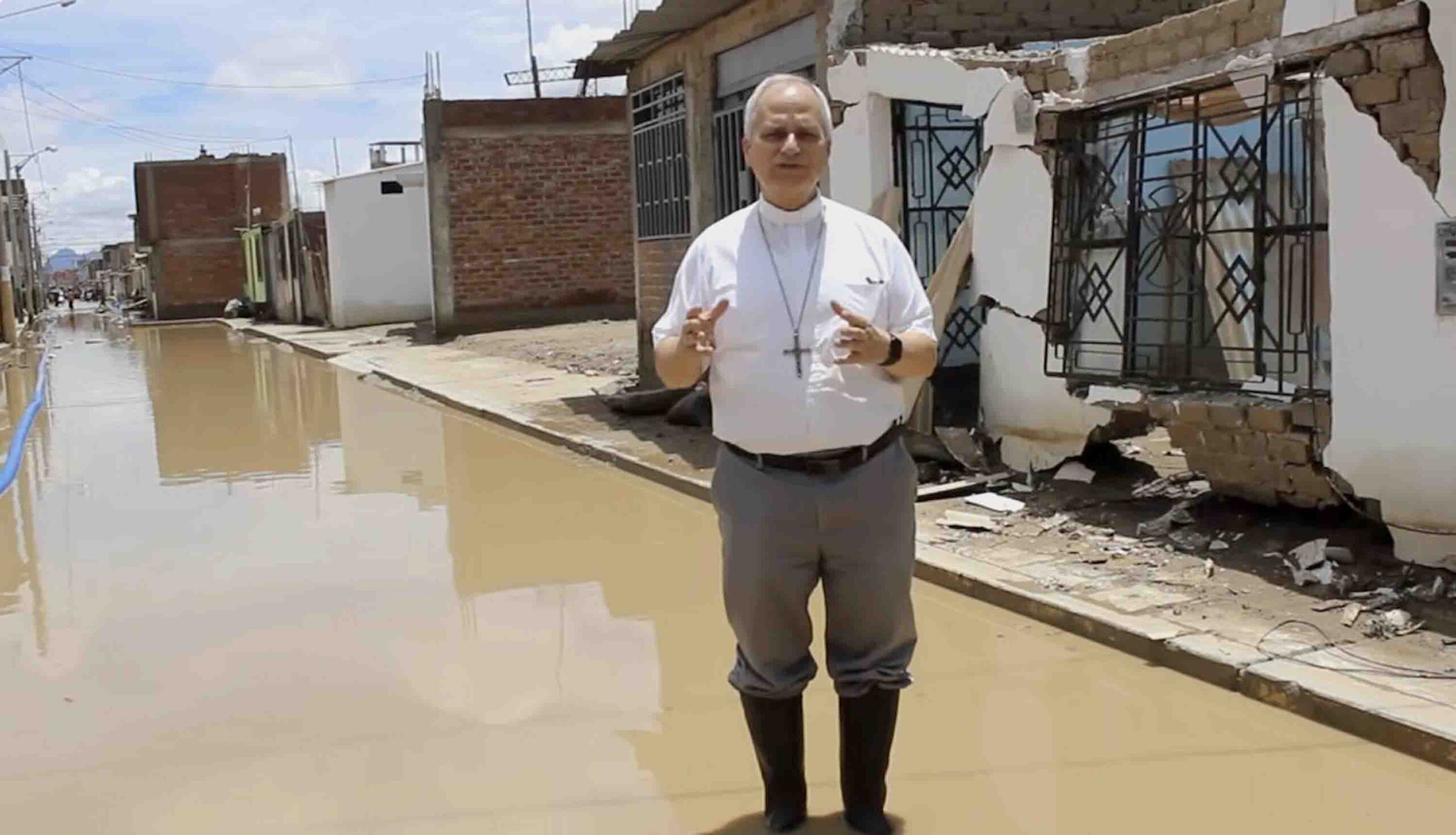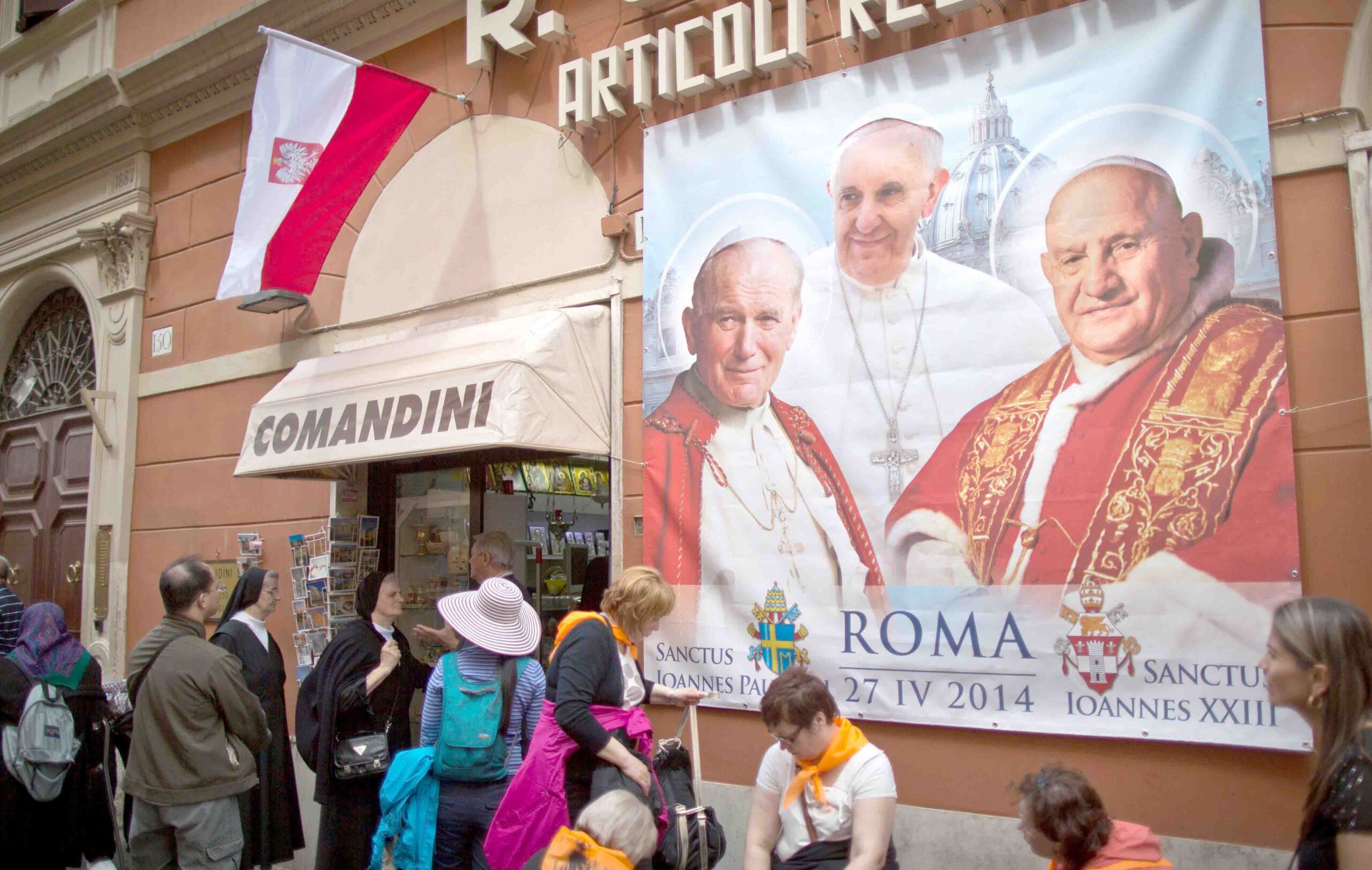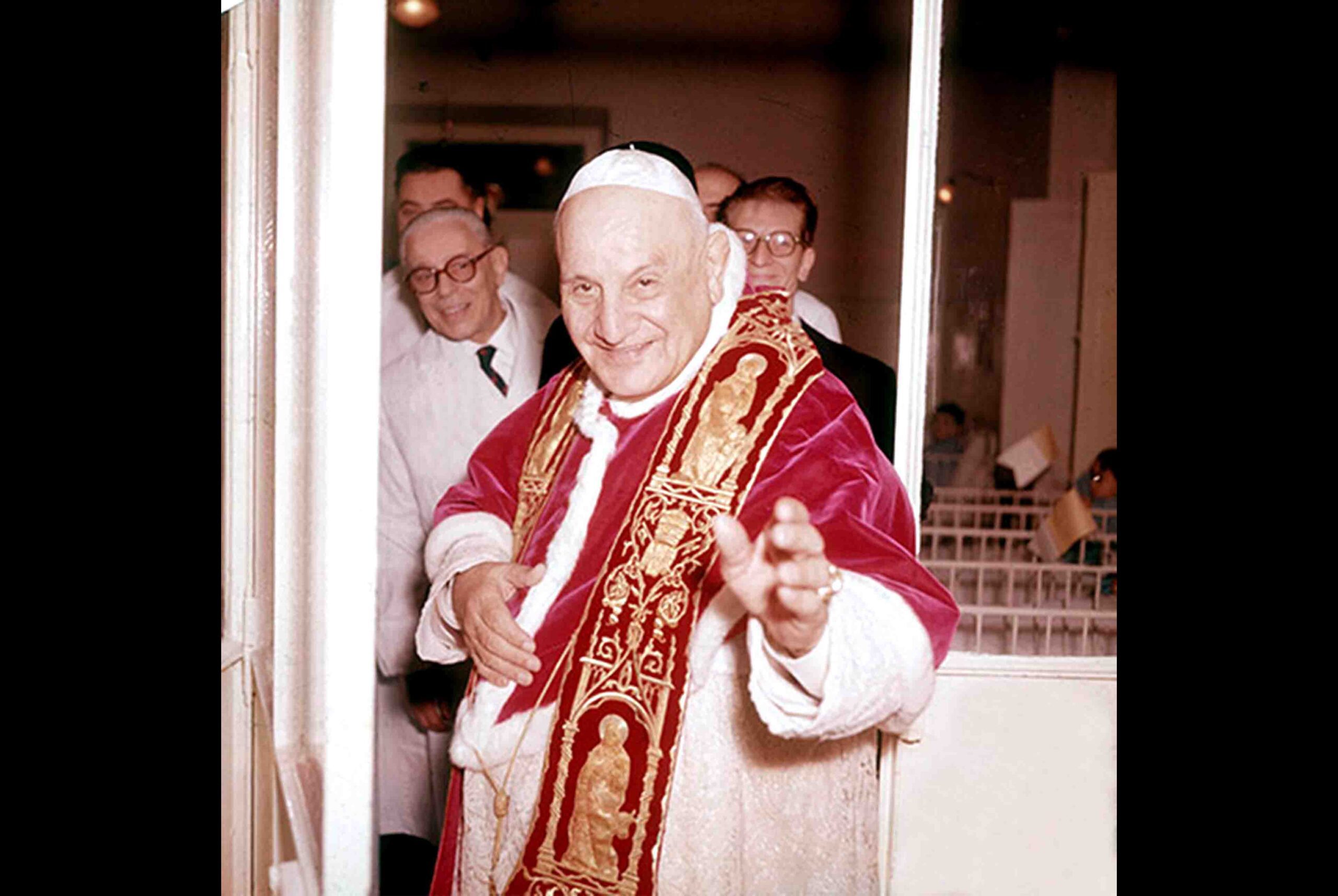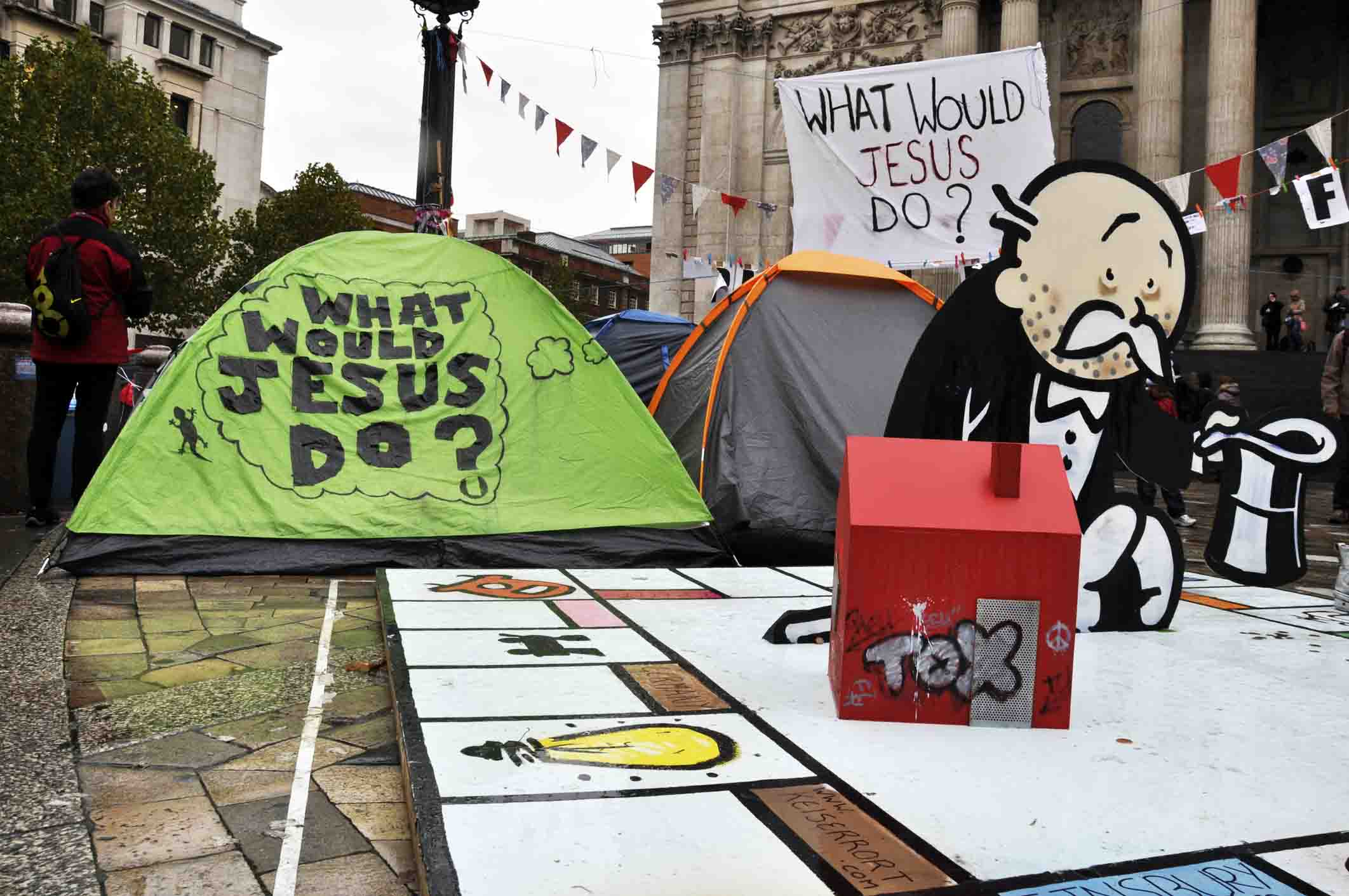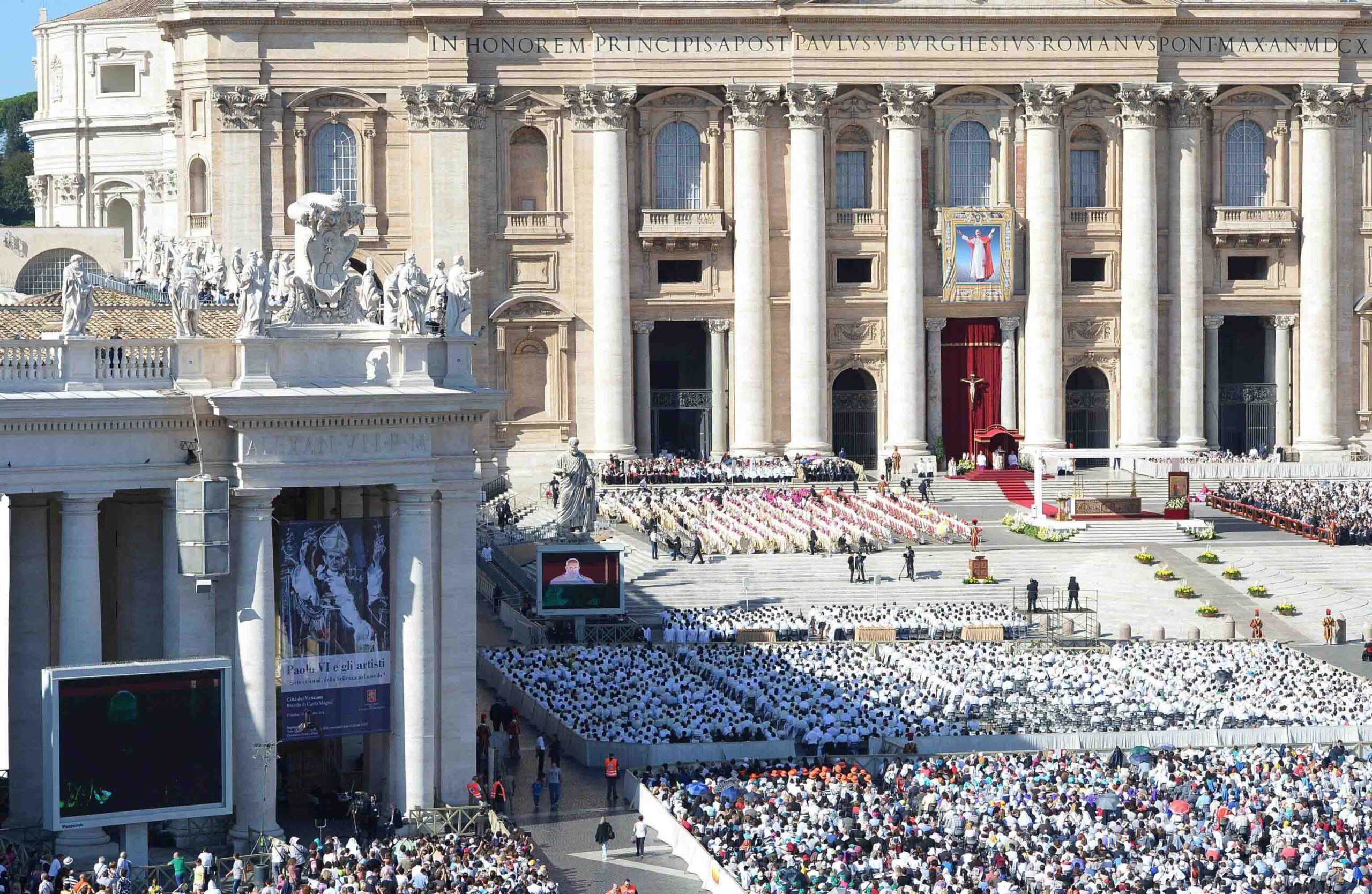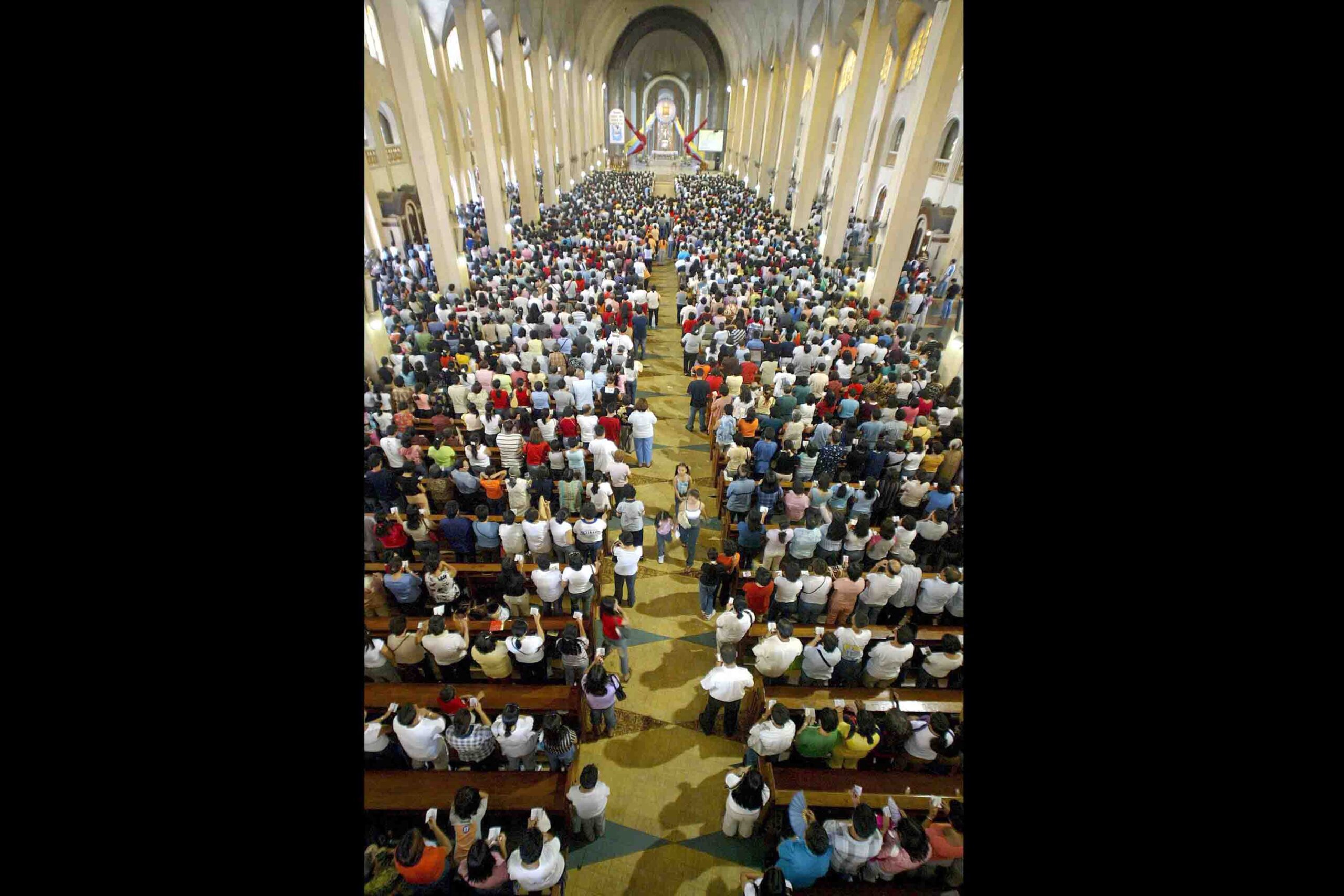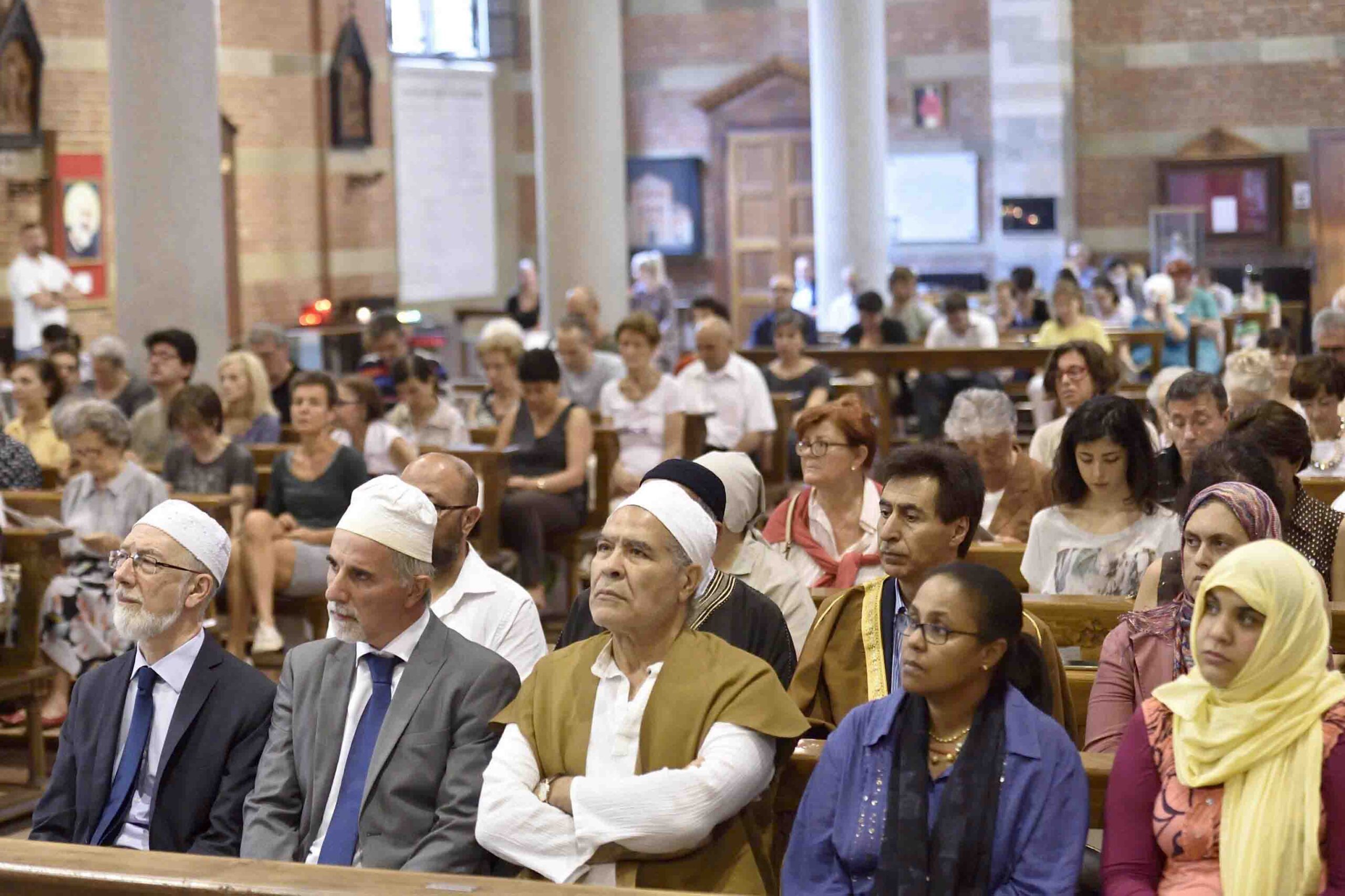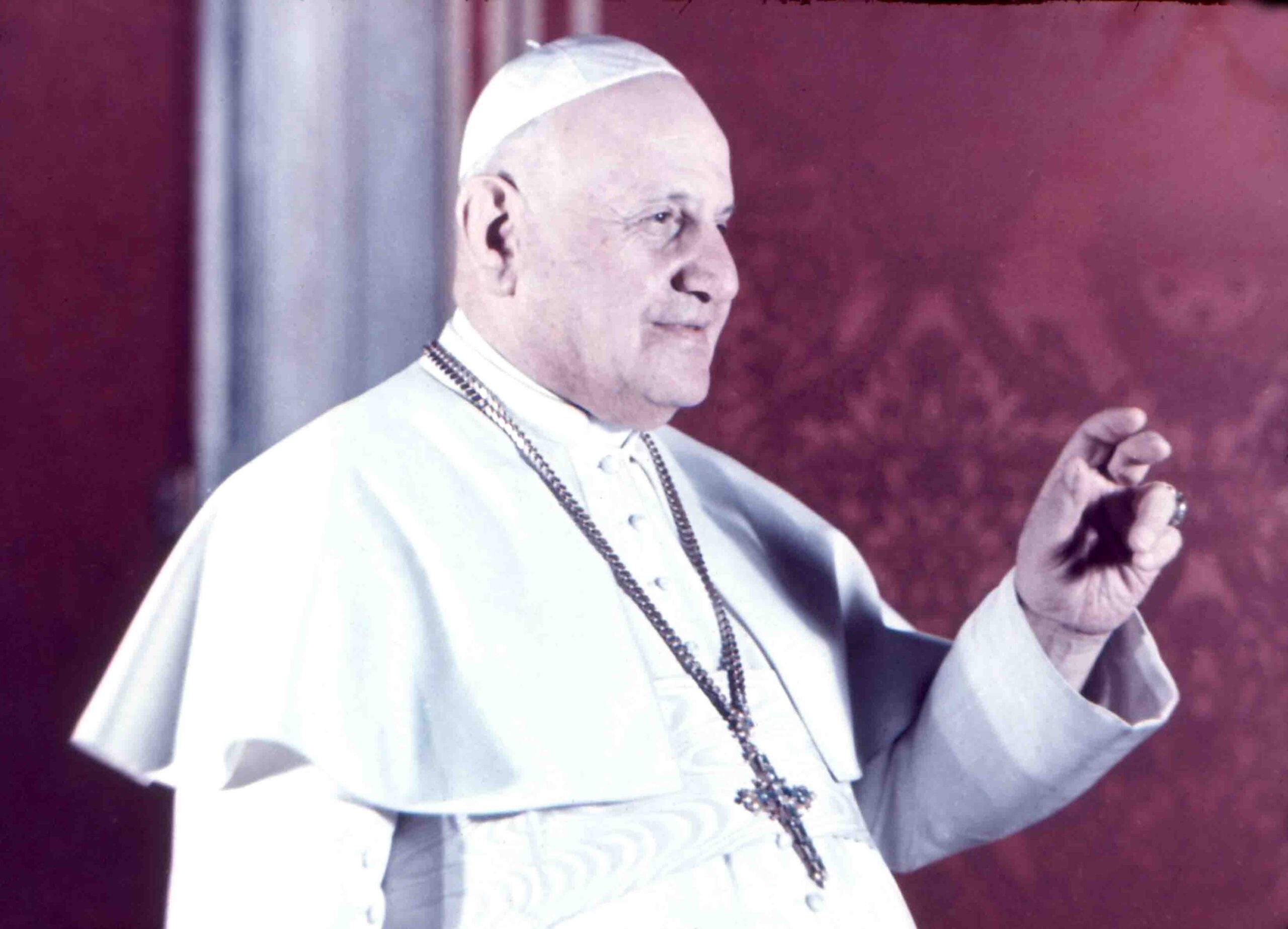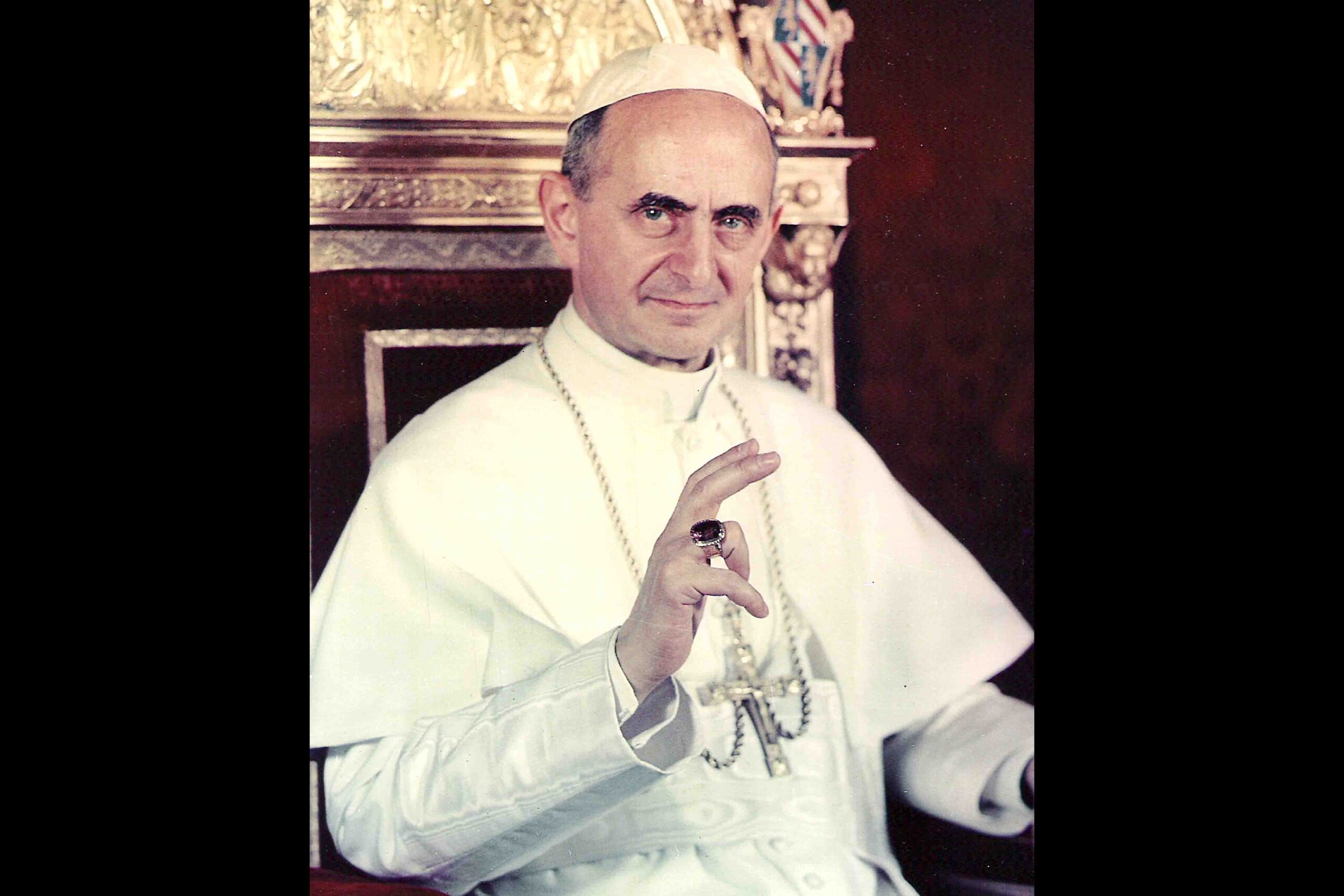Our beloved Pope Francis guided the church for just over twelve years (2013-2025), all filled with intense activity. As the 266th pope, Francis has garnered many “firsts.” He is the first pope to take the name “Francis” in honor of Saint Francis of Assisi; both shared a special love of the poor and needy. Francis’ first pastoral visit outside of Rome was to the island of Lampedusa, one of the nearest gateways to Europe for Africans fleeing poverty and conflict. He is the first pope coming from the Society of Jesus (Jesuits) and the first pope from the Americas.
Francis, clearly a “people’s pope,” has visited at least 60 states and territories on his international trips. In addition, he is the first pope to visit the Arabian Peninsula, birthplace of Islam. He has canonized over 900 saints, including Mother Teresa of Calcutta and martyred Salvadoran Archbishop Oscar Romero.
Additional Facts. In addition, Francis has issued a variety of major documents, including four encyclicals: Lumen Fidei (2013) [faith], Laudato Sí (2015) [environment], Fratelli Tutti (2020) [social fraternity], and Dilexit Nos (2024) [Sacred Heart]. He has published seven apostolic exhortations, the first being Evangelii Gaudium (2013) [Joy of the Gospel], encouraging us to be active “missionary disciples.” His writings include the 2015 papal bull on mercy, Misericordiae Vultus, where he describes Jesus as “mercy made flesh.” He has personally attended three World Youth Days (Brazil, Poland, and Panama). He wisely governed the church during the Covid-19 pandemic.
Council Affirmation. However, one remarkable “achievement” which is not included in these many statistics is that during his pontificate, Pope Francis canonized three popes: John XXIII, Paul VI, and John Paul II. In the mind of this author, it is significant that all three “pope-saints” were active participants in Vatican II. Thus, one could validly assert that Pope Francis has not simply canonized three “Vatican II Popes”; he has also canonized the legacy of the Second Vatican Council.
Remarkably, Pope Francis is the first pope in six decades who did not personally participate in Vatican II. He had his formation during the Council, having entered the Jesuits in 1958, the same year that Pope John XXIII, the “Father of Vatican II,” became pope; he was ordained in 1969, soon after the Council concluded.
He has remarkably assimilated the spirit and vision of this marvelous, Spirit-inspired event. With Francis, the Council is almost as alive today as it was sixty years ago when it concluded in 1965. One can identify several core Council themes clearly reflected in the life and teaching of this popular pope.
Foundational Principles. First, Vatican II gave attention to collegiality, the principle that all bishops, together with the pope, have responsibility for the church. This guideline intends to promote a participatory church, an involved People of God. Francis further expands this vision with his emphasis on synodality, which is a readiness to enter into dynamic, respectful, and prayerful speaking, listening, and dialoguing, following the Holy Spirit’s lead. Francis successfully concluded two international gatherings on synodality, involving all members of the church, in 2023 and 2024.
A second Council emphasis focuses on the local church. The Council document on missionary activity, Ad Gentes, highlighted this vision. In short, the “center of action” is the local church; this principle extends to liturgy, evangelization, episcopal conferences, leadership, and numerous other areas of Christian life. Full, active, conscious participation in church life is both a right and a duty of all the baptized; Francis sought to concretize this vision in all local churches around the world.
Additional Guidelines. Vatican II emphasized the importance of dialogue. This word was introduced into the Council by Paul VI, another Vatican II “saint-pope” in his encyclical Ecclesiam Suam (1964) [His Church]. This broad principle emphasizes that the church is to be a community of dialogue, not monologue, a truly listening church, hearing voices from within the church, from other Christians, from people of other faiths, and the world at large. Francis proved to be a superb example of open-hearted listening!
A fourth principle is captured by the popular expression “servant-leadership.” Again, this vision is applicable to all Christians who seek to aid others in their diverse needs. Even if the actual assistance may be relatively small, it is the attitude of sensitive compassion that touches the other person’s heart. Truly, Francis embodied Cardinal Newman’s episcopal motto: cor ad cor loquitur, heart speaks to heart.
Profound Appreciation. A short article can only present a sampling of pivotal ways that Francis was truly a Vatican II pope; we have only explored four items. However, underlying various specific items was Pope Francis’ profound sensitivity and deep compassion. We all rejoice in heartfelt gratitude for the marvelous gift of Franciscus!
James H. Kroeger, MM, served mission in Asia for over five decades; recently, he authored Walking with Pope Francis; The Official Documents in Everyday Language (Paulines, Manila–2023).

